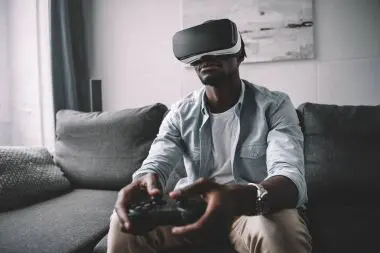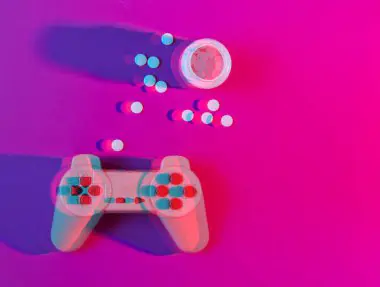
The Road to Recovery: Navigating the Journey of Gaming Addiction Recovery
- Admin
Recovery from gaming addiction is a journey filled with challenges, setbacks, and ultimately, triumphs. It requires dedication, self-awareness, and a willingness to seek help and support. In this article, we'll explore the essential steps and strategies for navigating the road to gaming addiction recovery, empowering individuals to reclaim control over their lives and build healthier relationships with gaming and beyond.
1. Acknowledging the Problem:
The first step on the road to recovery from gaming addiction is acknowledging the problem. This involves recognizing the negative impact that gaming addiction has had on various aspects of life, including relationships, work or school performance, and physical and mental health.
2. Seeking Professional Help:
Seeking professional help is crucial for individuals recovering from gaming addiction. Therapists, counselors, and addiction specialists can provide personalized support, guidance, and evidence-based treatments tailored to address the underlying issues contributing to gaming addiction.
3. Developing Coping Strategies:
Developing healthy coping strategies is essential for managing cravings, triggers, and stressors that may arise during the recovery process. This may include practicing mindfulness, engaging in physical exercise, pursuing hobbies and interests outside of gaming, and learning to identify and challenge negative thought patterns.
4. Establishing Support Networks:
Building strong support networks is vital for individuals in recovery from gaming addiction. This may involve seeking support from friends, family members, support groups, or online communities who understand their experiences and can provide encouragement, understanding, and accountability.
5. Setting Boundaries:
Setting boundaries around gaming behavior is crucial for maintaining recovery and preventing relapse. This may include establishing specific times for gaming, limiting the duration of gaming sessions, and creating a balance between gaming and other activities and responsibilities.
6. Fostering Self-Reflection:
Fostering self-reflection and self-awareness is essential for individuals in recovery to understand the underlying motivations and triggers behind their gaming behavior. This may involve journaling, therapy, or engaging in activities that promote introspection and personal growth.
7. Celebrating Progress:
Celebrating progress, no matter how small, is an essential part of the recovery journey. Recognizing achievements, milestones, and moments of resilience can boost confidence, motivation, and resilience in the face of challenges.
Conclusion:
Recovery from gaming addiction is a challenging but rewarding journey that requires dedication, self-awareness, and support. By acknowledging the problem, seeking professional help, developing coping strategies, establishing support networks, setting boundaries, fostering self-reflection, and celebrating progress, individuals can navigate the road to recovery and build a fulfilling and balanced life beyond gaming. If you or someone you know is struggling with gaming addiction, know that help and support are available, and recovery is possible with determination and commitment.
